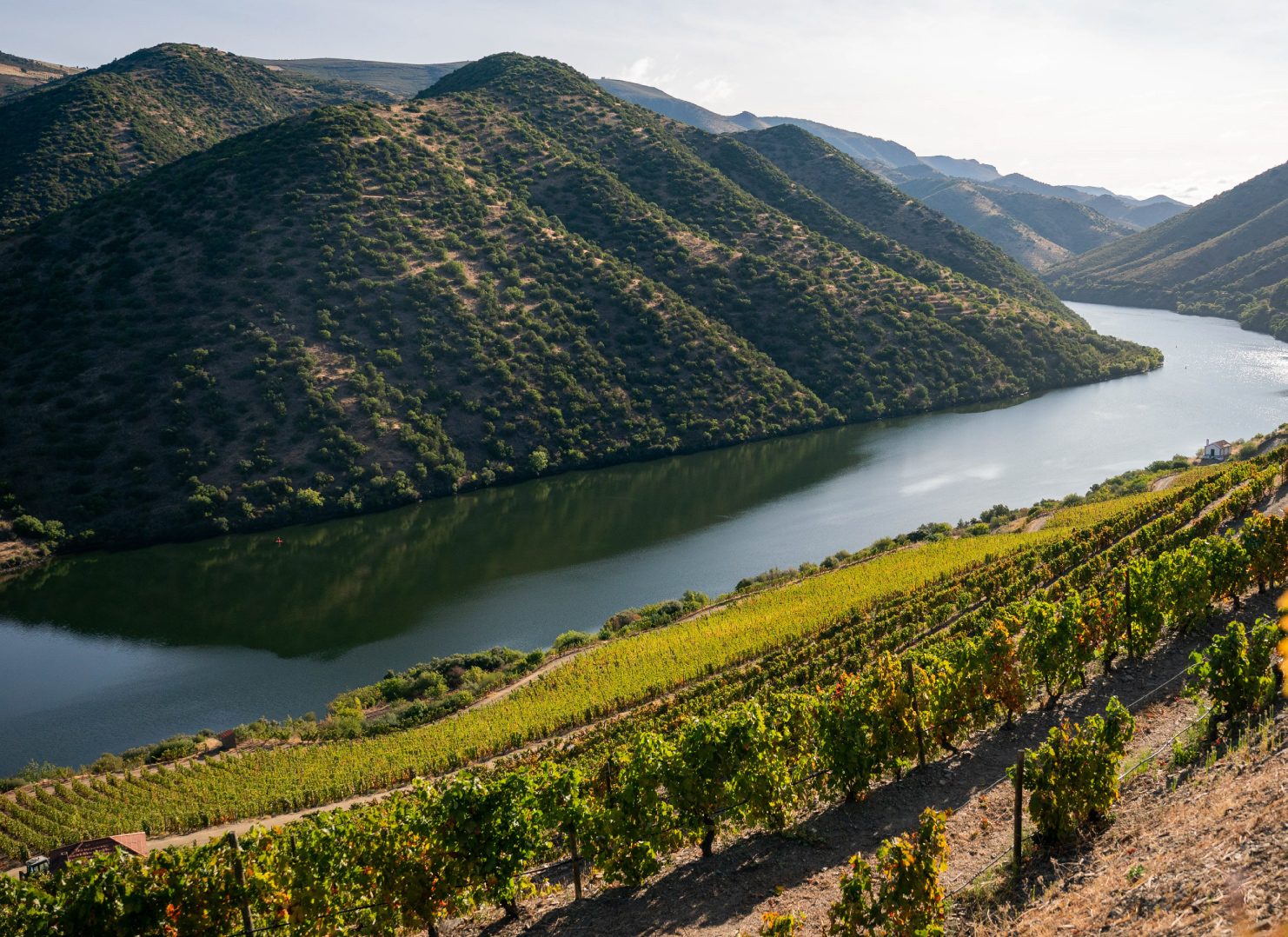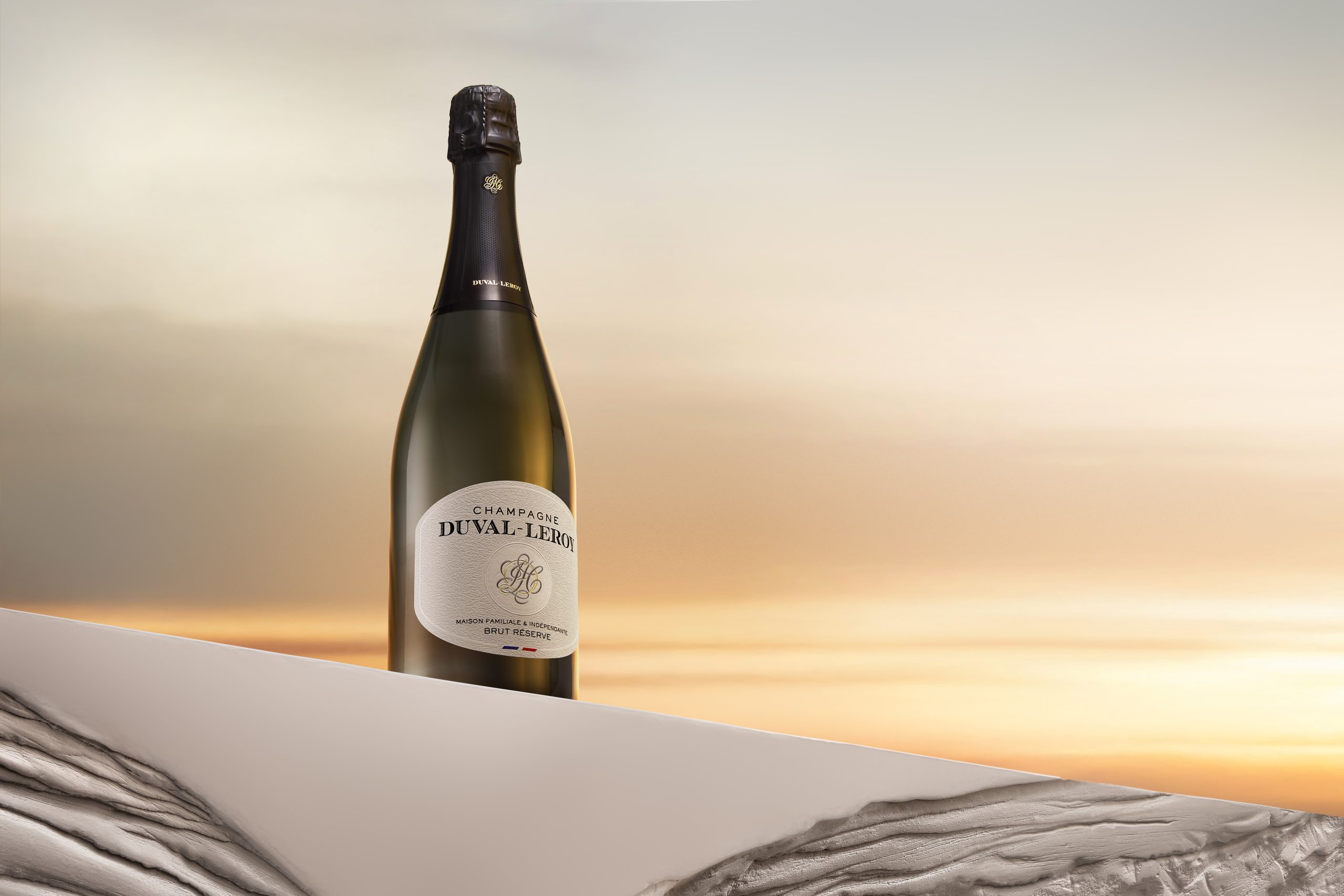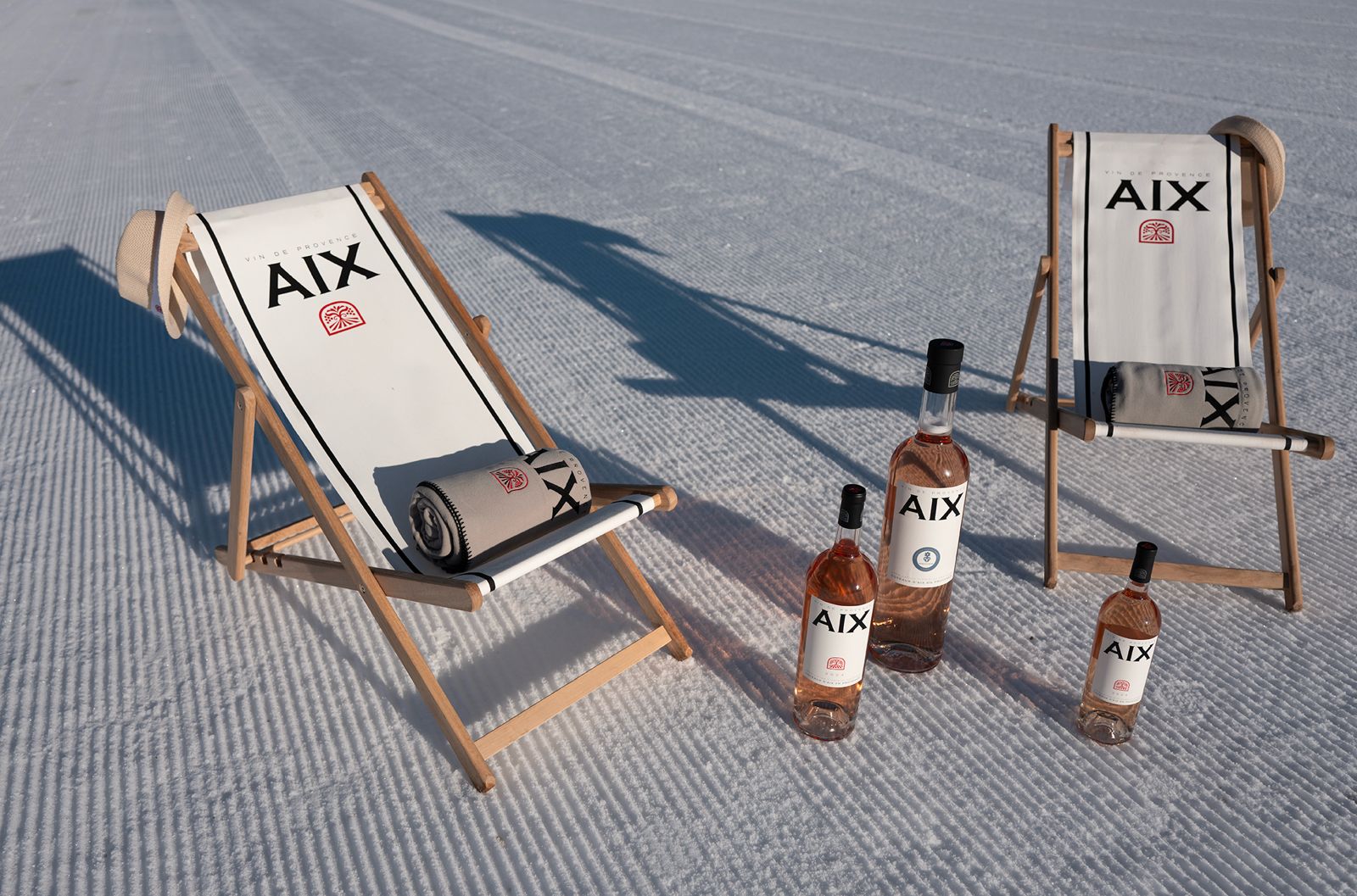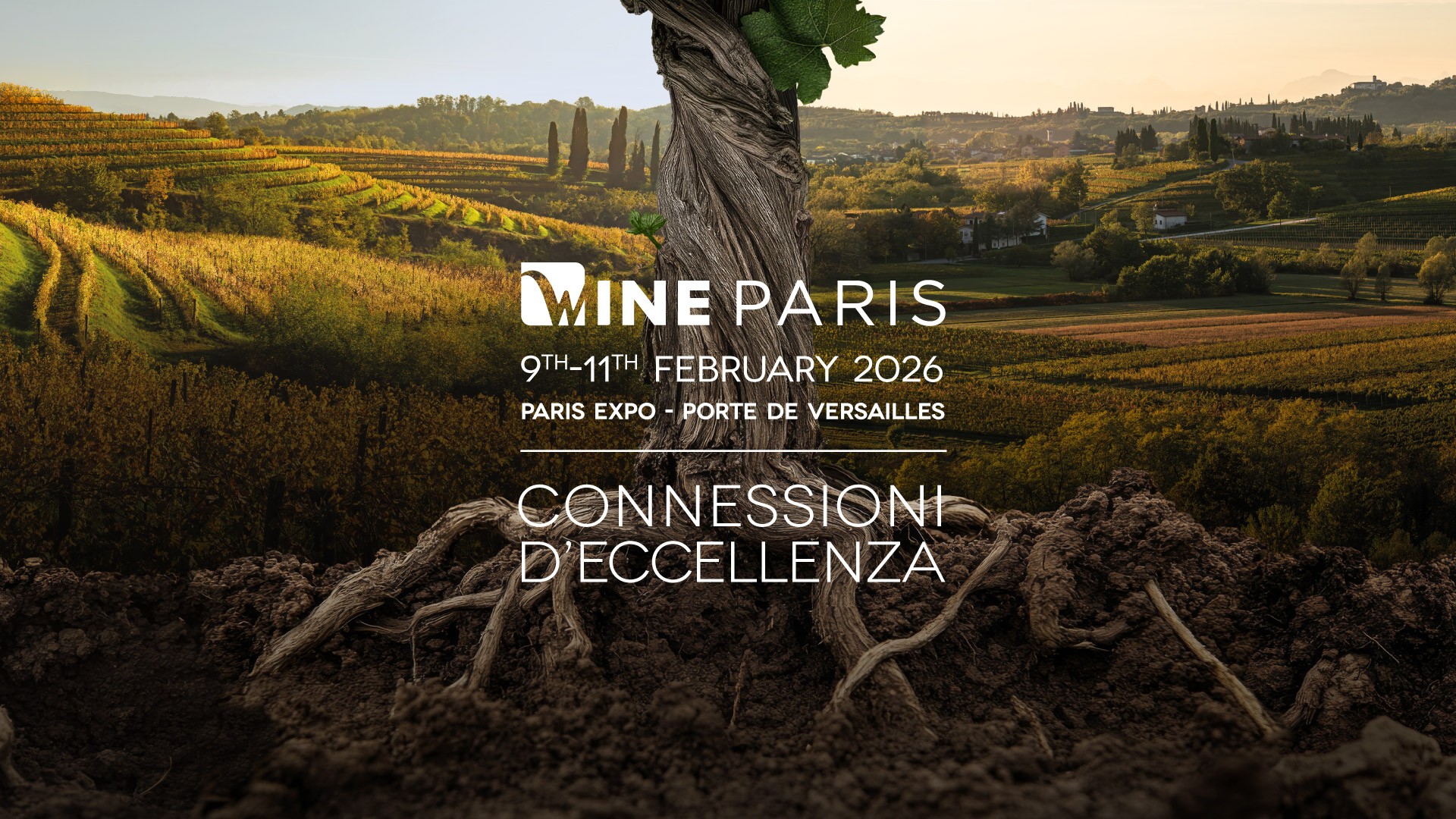US Rhône Rangers Showcase Syrah’s Versatility
Non-profit organisation Rhône Rangers hosted its first post-pandemic event in McMinnville, Oregon on 4 April 2023. Its primary focus pivoted around a trade and media-only seminar and tasting entitled ‘Syrah in the Winery and the Vineyard’.
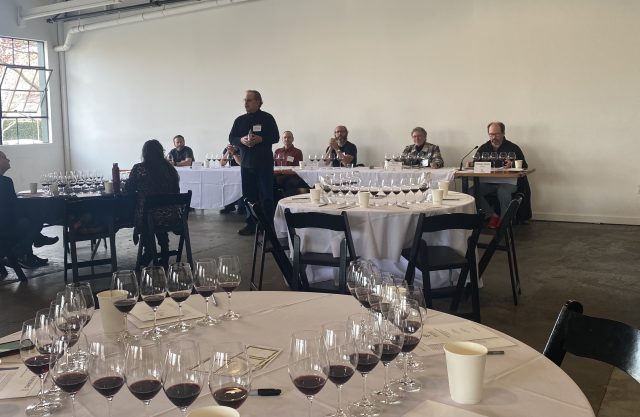
Importantly, the US non-profit organisation promotes Rhône-style wines produced by member wineries. Qualified wines must employ 75% of at least one of 22 approved Rhône grape varieties.
The symposium showcased the versatility of one of these — Syrah. It also revealed the grape’s suitability to the Pacific Northwest.
Syrah in the Vineyard
Syrah didn’t firmly take root in the US until the 1970’s. “There’s a lot of history, and a lot of culture, that arrived here in the Northwest in 60 years,” said Oregon winemaker Steve Robertson, owner of Delmas/SJR Vineyard in The Rocks District of Milton-Freewater. “We’re just beginning to kind of open the door in these Rhône varieties.”
Other panelists included Herb Quady, winemaker and viticulturist at Quady North, and Nate Wall, winemaker at Troon Vineyard, both from Applegate Valley in southern Oregon. David Gates, vice president and viticulturist for North Coast’s Ridge Vineyards, and Sherman Thacher, owner and winemaker at Thacher Winery in Paso Robles, represented California. Veteran journalist Michael Alberty of Wine Enthusiast and The Oregonian moderated.
To all, Syrah proved an adept translator of terroir. “Syrah is often compared to Pinot Noir in terms of its ability to show that sense of place, that uniqueness,” observed Wall, who lived in the Willamette Valley for 10 years before moving to Applegate Valley. “I think what is so interesting about Syrah, and what so many winemakers love about it, is that it has this superpower – it’s insane adaptability – from Aussie Shiraz to Côte Rôtie.”
Syrah in the Winery
Wines tasted included 2017 Delmas Syrah, 2018 Quady North Mae’s Vineyard “Flagship” Syrah, 2018 Ridge Vineyards Syrah from Lytton Estate, 2019 Thacher Winery Syrah from Homestead Hill Vineyard, and 2020 Troon Vineyard Estate Syrah.
Partner Content
The wines comprised small lots between 104-340 cases. Most added a small percentage of Viognier (2-11%) — Syrah’s historic blending partner — for finesse. Fermentations typically initiated spontaneously, and followed judicious cap management. Ageing protocols extended between 14-22 months, generally in neutral French oak. Ridge, however, prefers American wood for structure and spiciness.
Finished wines ranged between 13.9% to 14.8 % alcohol. Each wine spoke to its respective sense of place, while eliciting a similar through line: lifted aromatics, vivid acids, elegant tannins, deft balance, complex structure and ageing potential.
Shapeshifter
Ultimately, The Rhône Rangers proved Syrah’s superpower as shapeshifter, and versatility in the Pacific Northwest.
“At the heart of the Rhône Rangers mission is to educate the wine trade and general public about Rhône varieties grown domestically, including areas that one might think these types of varieties would thrive in,” explained Larry Schaffer, Rhône Rangers vice president, and owner and winemaker for tercero wines. “The Oregon wine community has always been a progressive one, and one that has been willing to ‘take chances’. Rhône varieties have actually thrived in Southern Oregon for decades, but have always played a ‘back seat’ to other more well known varieties such as Chardonnay and Pinot Noir.”
“One thing that defines the Rhône Rangers is that we are a national organisation with winery members from the West to the East Coast,” concluded Craig Camp, president of Rhône Rangers and general manager of Troon Vineyard in southern Oregon. “Today’s event recognised the growing importance of the 22 classic Rhône varieties in the Pacific Northwest, as there are now significant plantings in Washington State, Eastern, and Southern Oregon, and even the Willamette Valley.”
It also opened the door to future Rhône Rangers seminars and tastings in other member states, in addition to established annual events in California.
Related news
Zamora Company to distribute Bottega sparkling wines in Spain
Cabernet Franc on track to become the official grape variety of New York State

